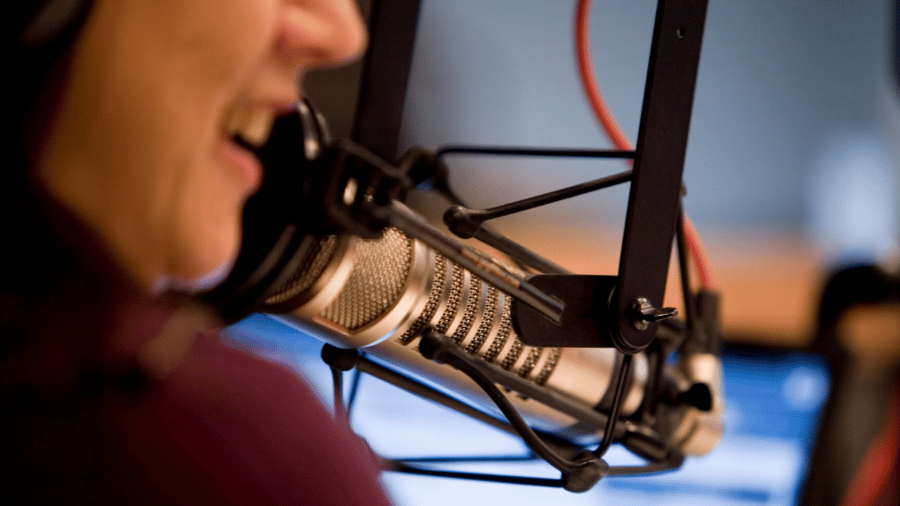Streaming services have become increasingly popular in recent years, with people spending more and more time watching their favorite TV shows movies, and listening to music online. This has led to a significant increase in internet data usage, as streaming services can be very data-intensive.

Internet plans by MATE offer a range of different data caps and speeds to meet the needs of all users, including heavy streamers. If you’re considering signing up for a streaming service, it’s important to choose an internet plan that can handle the additional data usage.
How much data do streaming services use?
The amount of data that streaming services use depends on a number of factors, including the quality of the video or audio stream, the length of the content, and the number of devices that are streaming simultaneously.
For example, streaming a high-definition (HD) video stream on Netflix can use up to 3GB of data per hour. Streaming a standard definition (SD) video stream uses up to 0.75GB of data per hour.
Listening to music on Spotify uses around 100MB of data per hour for high-quality streaming and around 25MB per hour for standard-quality streaming.
How to choose an Internet plan for streaming
When choosing an internet plan for streaming, it’s important to consider the following factors:
- Data cap: The data cap is the maximum amount of data you can use monthly. If you exceed your data cap, you may be charged overage fees, or your internet speed may be throttled.
- Speed: The speed of your internet connection will determine how quickly you can stream content. If you have a slow internet connection, you may experience buffering or lag.
- Price: Internet plans can vary depending on the data cap, speed, and other features. It’s important to compare different plans to find one that fits your budget and needs.
Tips for reducing data usage when streaming
There are a few things you can do to reduce data usage when streaming:
- Lower the video quality: Streaming in a lower video quality, such as SD instead of HD, will use less data.
- Turn off autoplay: Autoplay will play the next video or song in a queue. This can increase data usage, especially if you’re not paying attention.
- Limit the number of devices streaming simultaneously: Streaming on multiple devices simultaneously can use much data. Limiting the number of devices streaming simultaneously is best, especially if you have a data cap.
Conclusion
Streaming services have a significant impact on internet plan choices. If you’re a heavy streamer, choosing an internet plan with a high data cap and fast speed is important. You can also reduce data usage by lowering the video quality, turning off autoplay, and limiting the number of simultaneously streaming devices.
Here are some additional tips for choosing an internet plan for streaming:
- Consider your household’s streaming habits: How many people use streaming services? What kind of content do they watch? How often do they stream?
- Check the internet speeds in your area: Not all internet providers offer the same speeds in all areas. Use a speed test site to check the speeds available at your address.
- Compare different internet plans: Compare the data caps, speeds, and prices of different internet plans to find one that’s right for you.






